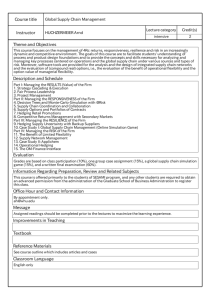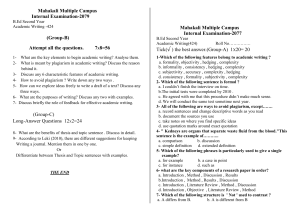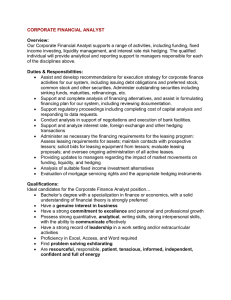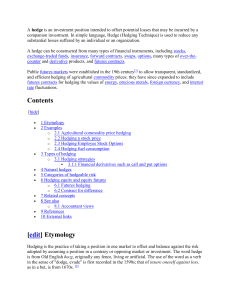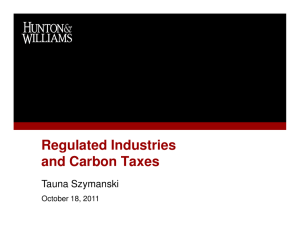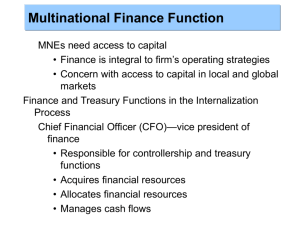When Prices are High, Nobody Cares About Marketing
advertisement
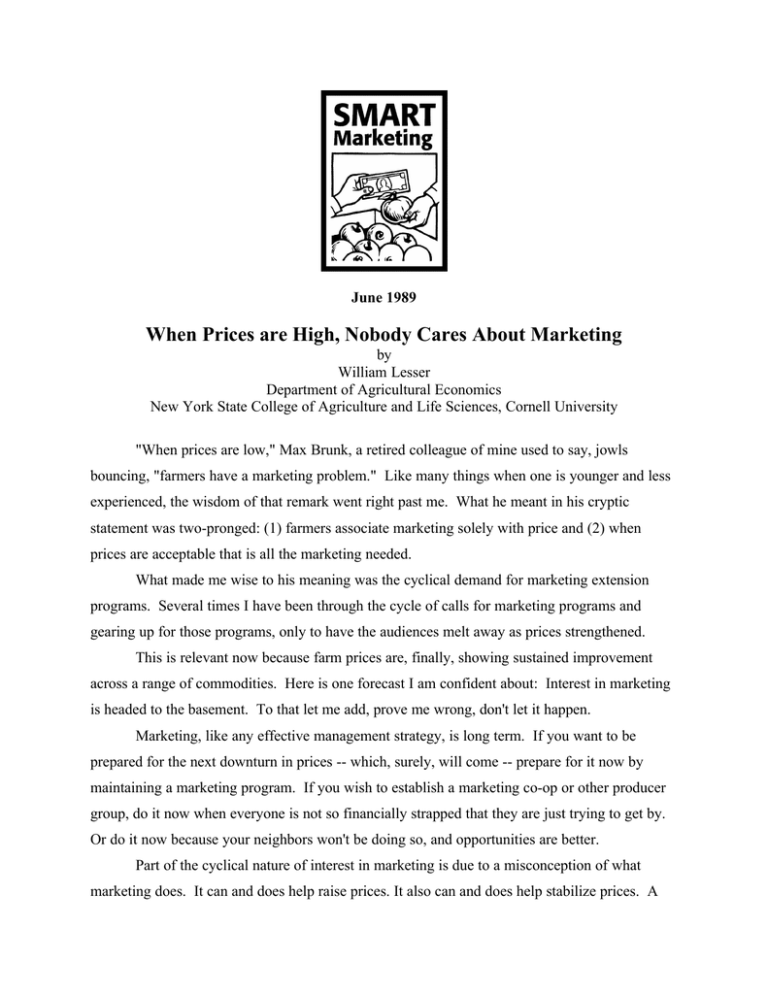
June 1989 When Prices are High, Nobody Cares About Marketing by William Lesser Department of Agricultural Economics New York State College of Agriculture and Life Sciences, Cornell University "When prices are low," Max Brunk, a retired colleague of mine used to say, jowls bouncing, "farmers have a marketing problem." Like many things when one is younger and less experienced, the wisdom of that remark went right past me. What he meant in his cryptic statement was two-pronged: (1) farmers associate marketing solely with price and (2) when prices are acceptable that is all the marketing needed. What made me wise to his meaning was the cyclical demand for marketing extension programs. Several times I have been through the cycle of calls for marketing programs and gearing up for those programs, only to have the audiences melt away as prices strengthened. This is relevant now because farm prices are, finally, showing sustained improvement across a range of commodities. Here is one forecast I am confident about: Interest in marketing is headed to the basement. To that let me add, prove me wrong, don't let it happen. Marketing, like any effective management strategy, is long term. If you want to be prepared for the next downturn in prices -- which, surely, will come -- prepare for it now by maintaining a marketing program. If you wish to establish a marketing co-op or other producer group, do it now when everyone is not so financially strapped that they are just trying to get by. Or do it now because your neighbors won't be doing so, and opportunities are better. Part of the cyclical nature of interest in marketing is due to a misconception of what marketing does. It can and does help raise prices. It also can and does help stabilize prices. A common example of price stabilization is the use of future markets for hedging. Regular hedging gives the same average price as no hedging, but prices and income are more stable. A carefully managed hedging strategy can both stabilize and raise prices. For producers of more specialized products, a good marketing program includes a diversification of markets. Market diversification reduces dependence on one outlet and minimizes disruptions if a buyer disappears. Market forces leading to price swings are unrelenting. You cannot oppose them, but you can plan. Part of the planning process is called marketing. Marketing efforts, too, must be unrelenting.
